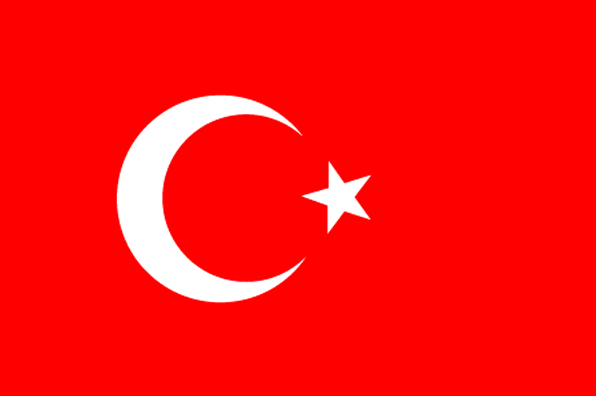Turkey has introduced an additional environmental assessment mechanism for approving certain types of government projects, which have the most significant environmental effects. The new Strategic Environmental Assessment mechanism integrates further environmental factors into approval of government projects, in the interests of sustainable development and in line with Turkey’s EU harmonization process. The new process will apply for specified project types, on top of existing Environmental Impact Assessment processes.
The Strategic Assessment Regulation (“Regulation“) was published in the Official Gazette number 30032 on 8 April 2017, entering into effect of the same date.
The Strategic Environmental Assessment” (“Assessment“) involves assessment of a project’s environmental impact to:
- Ensure environmental issues are considered and integrated prior to approval or acceptance of plans/programs.
- Minimize potential adverse environmental effects of a plan/program.
- Maximize positive impact.
Assessments should involve participatory approach, to support the decision makers, resulting in a written report about the proposed environmental works. Assessment reports must be submitted to the Ministry of Environment and Urbanisation for approval, which will publicly announce its decision within 30 days.
The new Assessment process will apply on top of current Environmental Impact Assessment procedures. The underlying intention is to ensure environmental assessment occurs at the planning stage for certain project types, which are most likely to have significant effects on the environment.
The Regulation identifies 23 types of projects (Annex-1 of the Regulation) in the following sectors, will be subject to the new Assessment process:
- From 8 April 2017 for:
- Coastal management.
- Spatial planning.
- Agriculture.
- Tourism.
- Transport.
- From 1 January 2020 for:
- Fisheries.
- Forestry.
- From 1 January 2023 for:
- Waste management.
- Industry.
- Telecommunications
- Energy.
The project types addressed in the Regulation are mainly:
- Integrated coastal zone plans.
- Environmental plans.
- Planning studies in the energy sector.
- Waste management, drought and wastewater treatment plans of basins.
- Rural development schemes.
- Agriculture master plans.
- Tourism and industrial strategy plans.
- Transportation master plans.
Source: http://bit.ly/2sJAnXG











